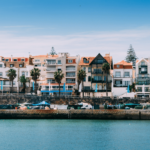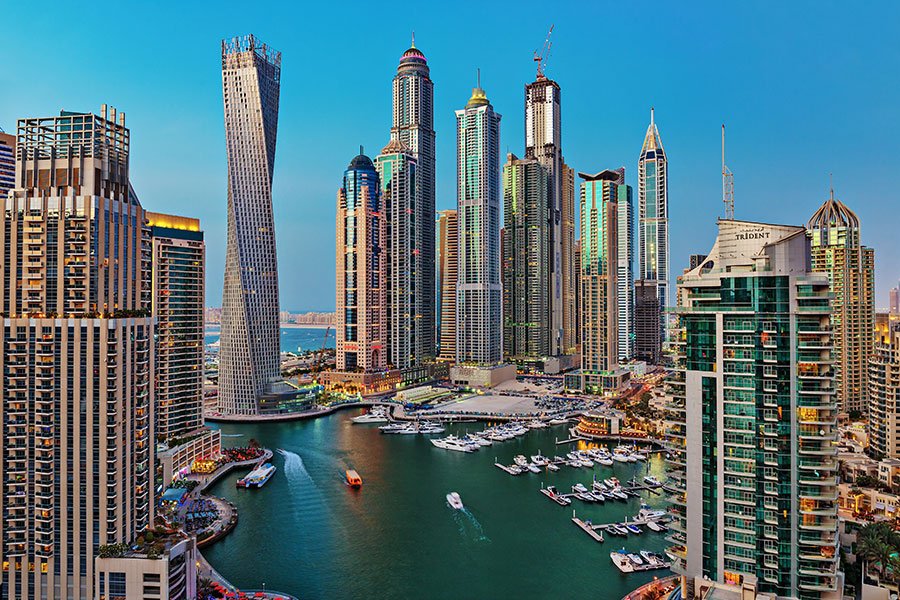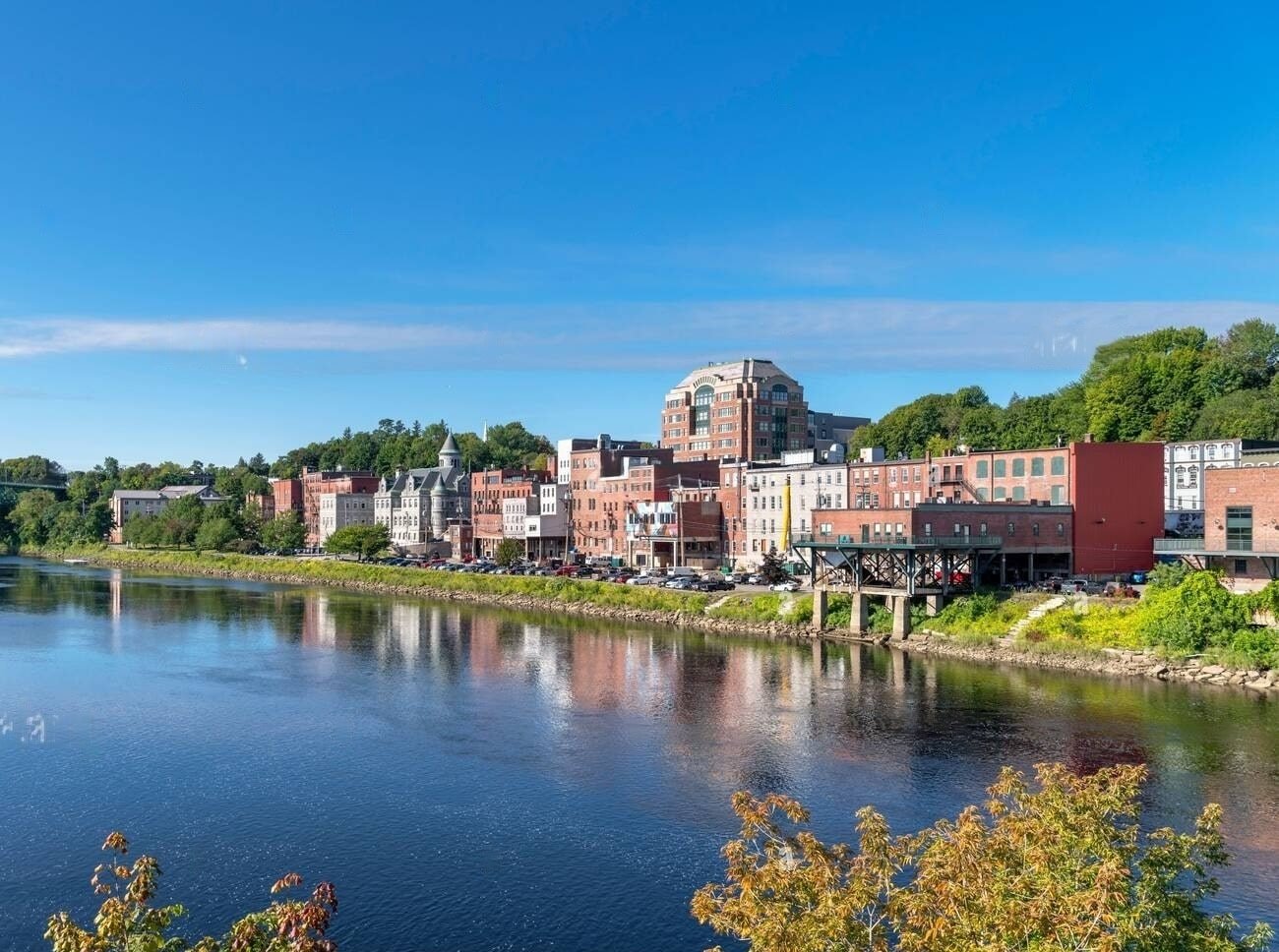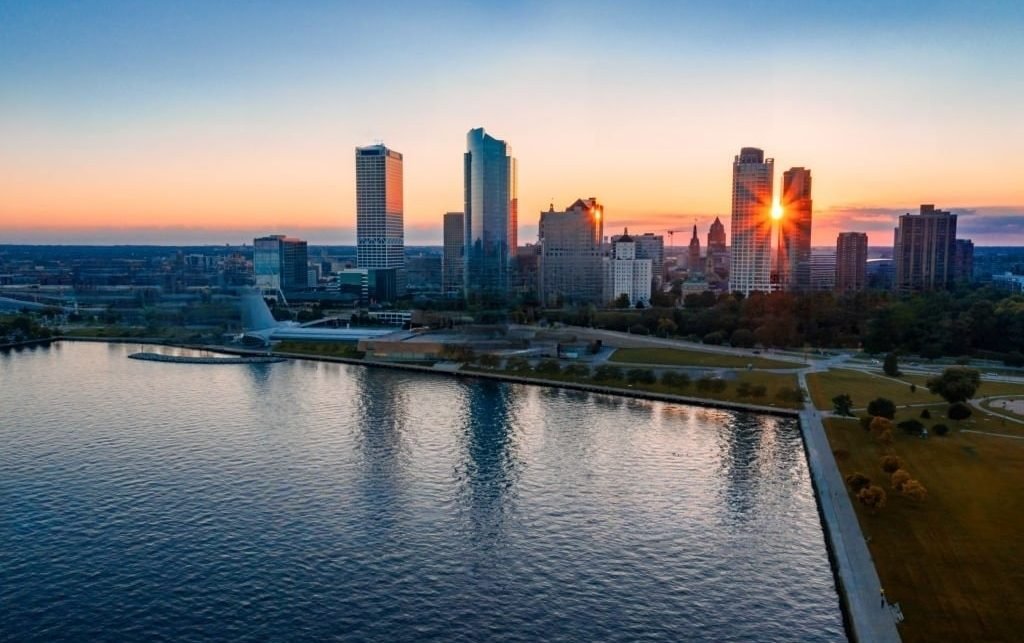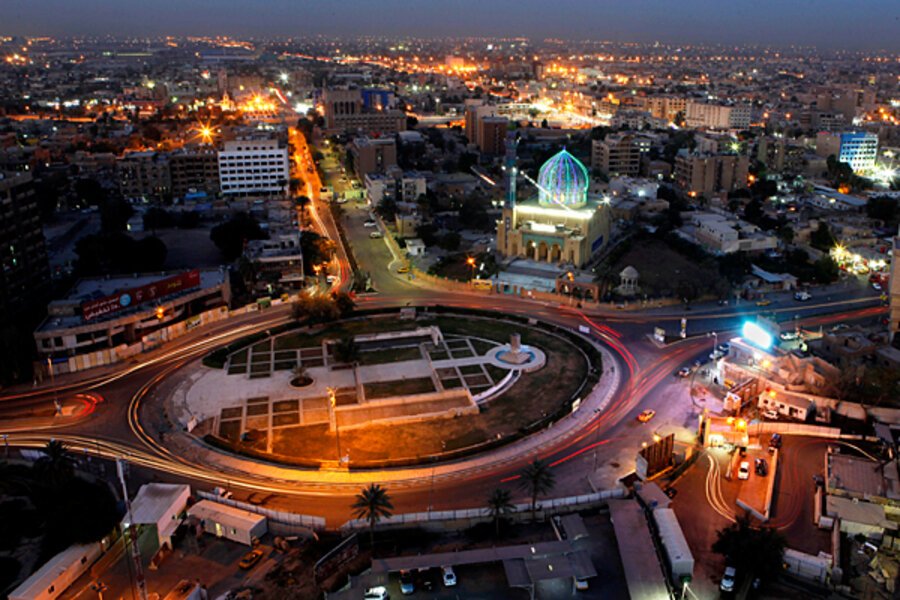Dubai, one of the seven emirates that make up the United Arab Emirates (UAE), is renowned for its ultra-modern architecture, vibrant nightlife, and luxury shopping. Over the past few decades, it has grown into a global business hub and an attractive destination for expatriates from all corners of the world. However, with its grandeur and prosperity, the cost of living can be high. This article will delve into the factors affecting the cost of living in Dubai as of 2023.
Housing
Dubai offers a wide range of housing options, from studio apartments to luxurious villas. The cost of housing depends largely on the location and type of property. In upscale neighborhoods such as Palm Jumeirah and Dubai Marina, a two-bedroom apartment can cost around AED 120,000-160,000 ($32,670 – $43,560) per year. In contrast, in more affordable areas like Deira or Al Qusais, the same apartment could be around AED 60,000-80,000 ($16,335 – $21,780) annually. As a rule of thumb, most people should expect to spend 30-40% of their income on housing.
Utilities
Dubai’s desert climate means air conditioning is essential for most of the year, and this significantly increases utility bills. On average, utility bills including electricity, water, cooling, and gas can range from AED 1,000-2,000 ($272 – $544) per month for a typical two-bedroom apartment. Additionally, monthly high-speed internet costs around AED 300-500 ($81.67 – $136.12).
Food
Dubai boasts a rich food culture, with a vast array of dining options to suit all budgets. A meal at an inexpensive restaurant can cost around AED 30-50 ($8.17 – $13.61), while a three-course meal for two at a mid-range restaurant could be AED 200-400 ($54.45 – $108.90). Groceries tend to be more expensive than in many Western countries due to import costs. The monthly cost for groceries for a family of four may run anywhere from AED 2,000-4,000 ($544 – $1,089) depending on dietary habits and preferences.
Transportation
Public transportation in Dubai is well-developed and relatively affordable, with the cost of a monthly pass around AED 350 ($95.28). Owning a car can be more expensive, considering the costs of petrol, insurance, and maintenance. However, petrol prices are quite low by global standards, at around AED 2.20 ($0.60) per liter.
Education
For families with children, the cost of education can be a significant expense. Private international schools are the norm, and these can cost anywhere from AED 30,000 to AED 100,000 ($8,167 – $27,224) per child per academic year, depending on the school’s reputation and curriculum.
Healthcare
While public healthcare in Dubai is of a high standard, it’s primarily for UAE nationals. Expats typically use private healthcare and either pay out of pocket or use health insurance. The insurance cost varies based on coverage but expects to pay a few thousand dirhams annually.
The cost of living in Dubai can vary significantly based on lifestyle, location, and personal requirements. It is a city of contrasts, offering a range of experiences at different price points. This article from MyDubai Media covers the cost of Living, Emigirating, opening a company, etc in depth. For those considering relocating to Dubai, it’s essential to thoroughly research and budget for these costs to ensure a comfortable and sustainable lifestyle in this vibrant emirate.

